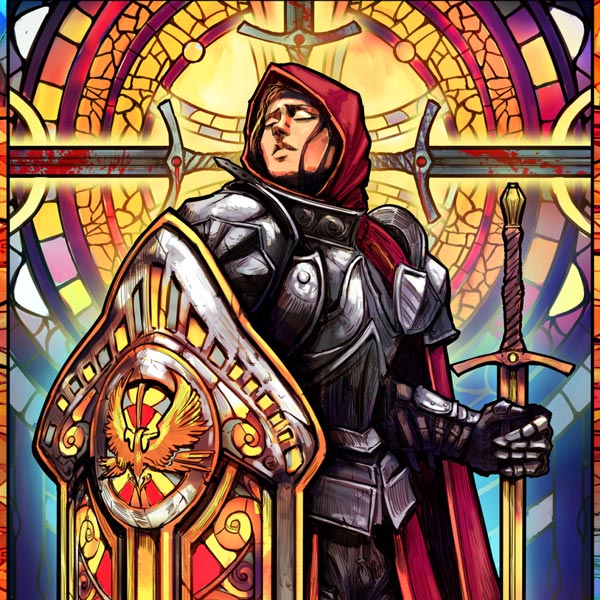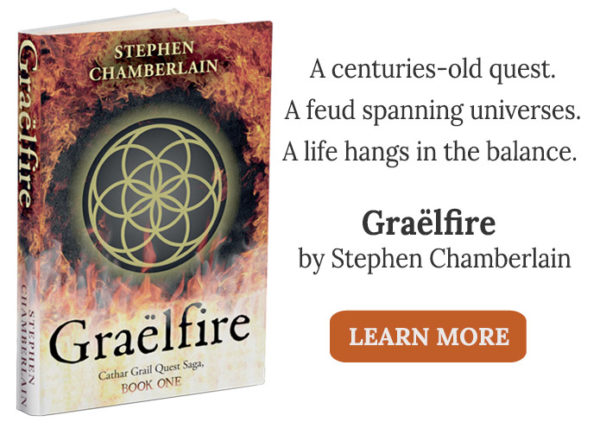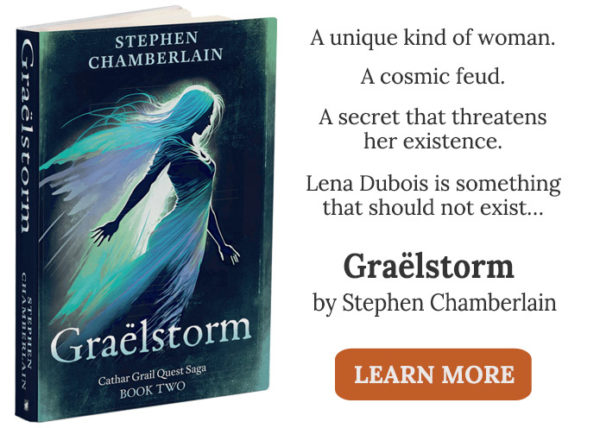“The most extraordinary journey is the one you take to find yourself!” – Mehmet Murat ildan.
The Essence of a Grail Quest
Grail quests have been popular in literature for centuries. These stories often involve knights or heroes embarking on a quest to find the Holy Grail, but they are about much more than epic adventures to find a relic. Like coming-of-age stories, they are about the hero’s transformative journey as they search for their true self and sense of purpose.
The Journey of Self-discovery
Grail Quest adventures, like Malory’s Le Morte d’Arthur, have their roots in ancient myth. The hero embarks on a quest filled with trials, encounters with mythical beings, and inner challenges. These may include battles with monsters, overcoming personal weaknesses, or facing moral dilemmas, which force the hero to confront their own fears and limitations. Through these hardships, the hero gains insight, wisdom, and a deeper understanding of themselves, causing a profound transformation that allows them to shed their old identity and emerge a more self-aware and empowered individual. This process is a core theme of the Grail Quest genre. It’s what makes these stories so interesting, more than just a treasure hunt.
This idea of a personal journey features in modern adaptations. In the movie Indiana Jones and the Last Crusade, Indy follows in his father’s footsteps by embarking on a quest to find the Holy Grail. He must face his strained relationship with his distant father as he tackles many tests and challenges. Indy finds the Holy Grail in the end, but it’s not just a physical object he’s been chasing—he’s been striving to earn his father’s approval. According to director Steven Spielberg, this is a story about “a son seeking reconciliation with a father, and a father seeking reconciliation with a son.”
Grail quests are a sub-set of a wider genre with a similar theme. Take J. K. Rowling’s iconic Harry Potter series. Harry embodies the classic hero on a series of quests for artifacts ranging from the philosopher’s stone to the Deathly Hallows. But Harry’s story is also about discovering an identity unknown to him and realizing his fullest potential. As he navigates through the magical world of Hogwarts, Harry faces many trials and grows from an insecure teen to a confident wizard, embracing his destiny as the Chosen One, ready to confront the embodiment of evil.
The same is true of another character involved in Harry’s quests—Neville Longbottom. Neville’s character arc is also one of personal growth and self-empowerment. Presented at first as a clumsy and timid character, his journey takes a transformative turn as he confronts his fears and discovers his inner strength. Neville learns the power of self-belief through his participation in the fight against Voldemort, ultimately recognizing himself as a brave and capable wizard. His quest exemplifies the notion that personal transformation can be unlocked through adversity and embracing one’s true potential.
J.R. R. Tolkien’s The Hobbit is yet another classic journey of self-discovery. As Bilbo’s quest to repossess the dwarves’ stolen treasure progresses, he grows from a hesitant hobbit to a brave and resilient hero. Along the way, he overcomes many testing challenges that reveal who he really is. His decision to hand over the Arkenstone to Bard and confess his guilt to Thorin Oakenshield showcases his newfound courage and strength of will.
The Quest is Done; What Comes Next?
All these characters face their fears and reveal their true selves through their quests. It reminds me of that moment in The Hobbit when Bilbo asks Gandalf if he can promise he will come back from his adventure. Gandalf replies, “No. And if you do…you will not be the same.” Without this outcome, the quest is not fulfilled, even if the hero has gained their prize. The hero must change. And this should raise more questions. They can’t live their lives the same way as before. What will they do next? What is their purpose?
This insight drove me to write Graëlstorm, Book Two of the Cathar Grail Quest Saga. The first book, Graëlfire, is about completing the quest for the Graëlstone, but as the narrative reaches its conclusion, hero Lena and antihero Gideon are still on their paths of personal discovery and transformation. Graëlstorm brings Lena and Gideon’s quests to a climax—a story that culminates in a titanic battle and unexpected destinies.
Grail Quest stories originate from ancient mythology and folklore, but their themes and lessons still resonate. In today’s fast-paced and materialistic society, many find themselves disconnected and longing for fulfilment. Quest tales epitomize the common urge to find a purpose in life and uncover the hidden depths within us.



